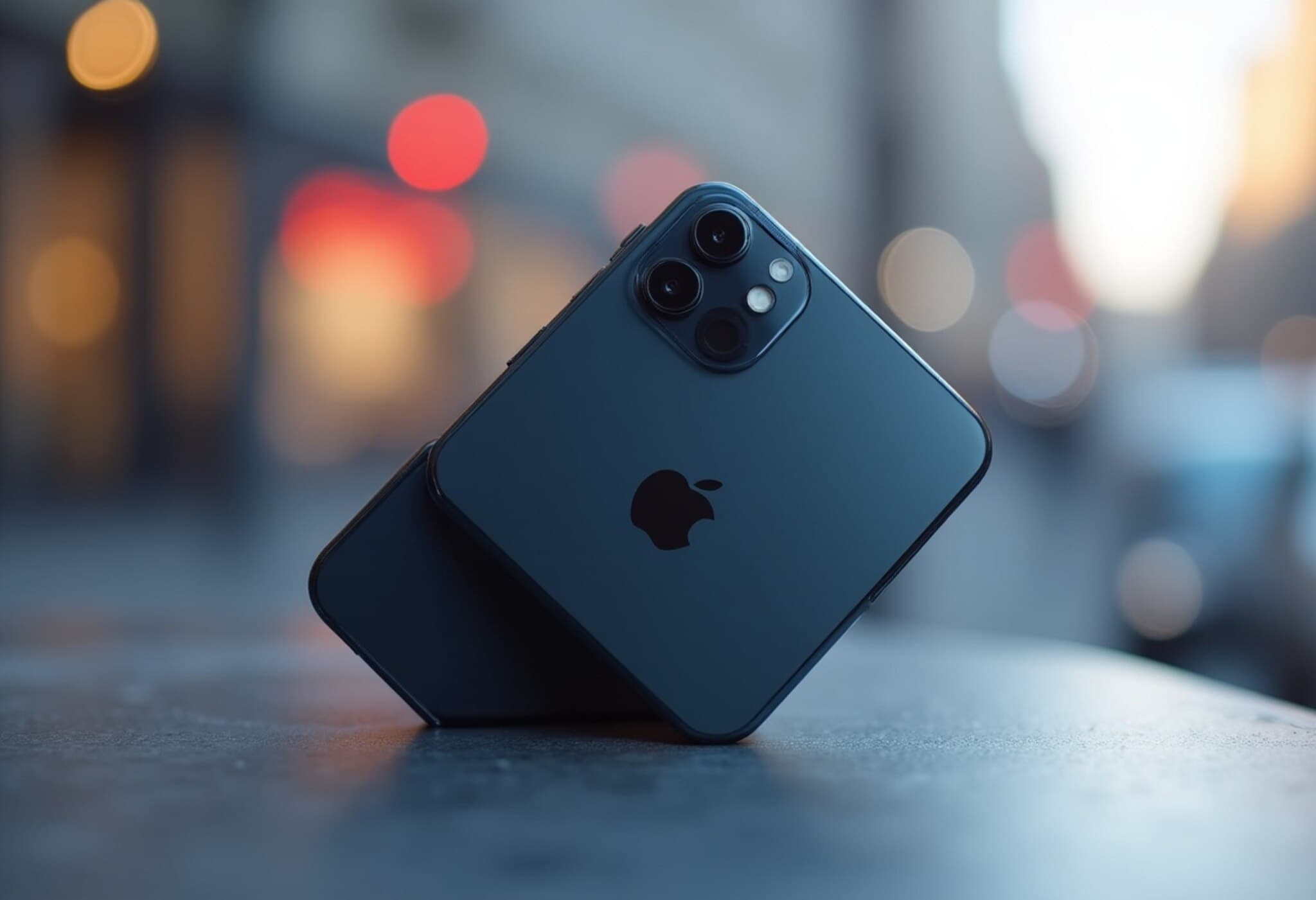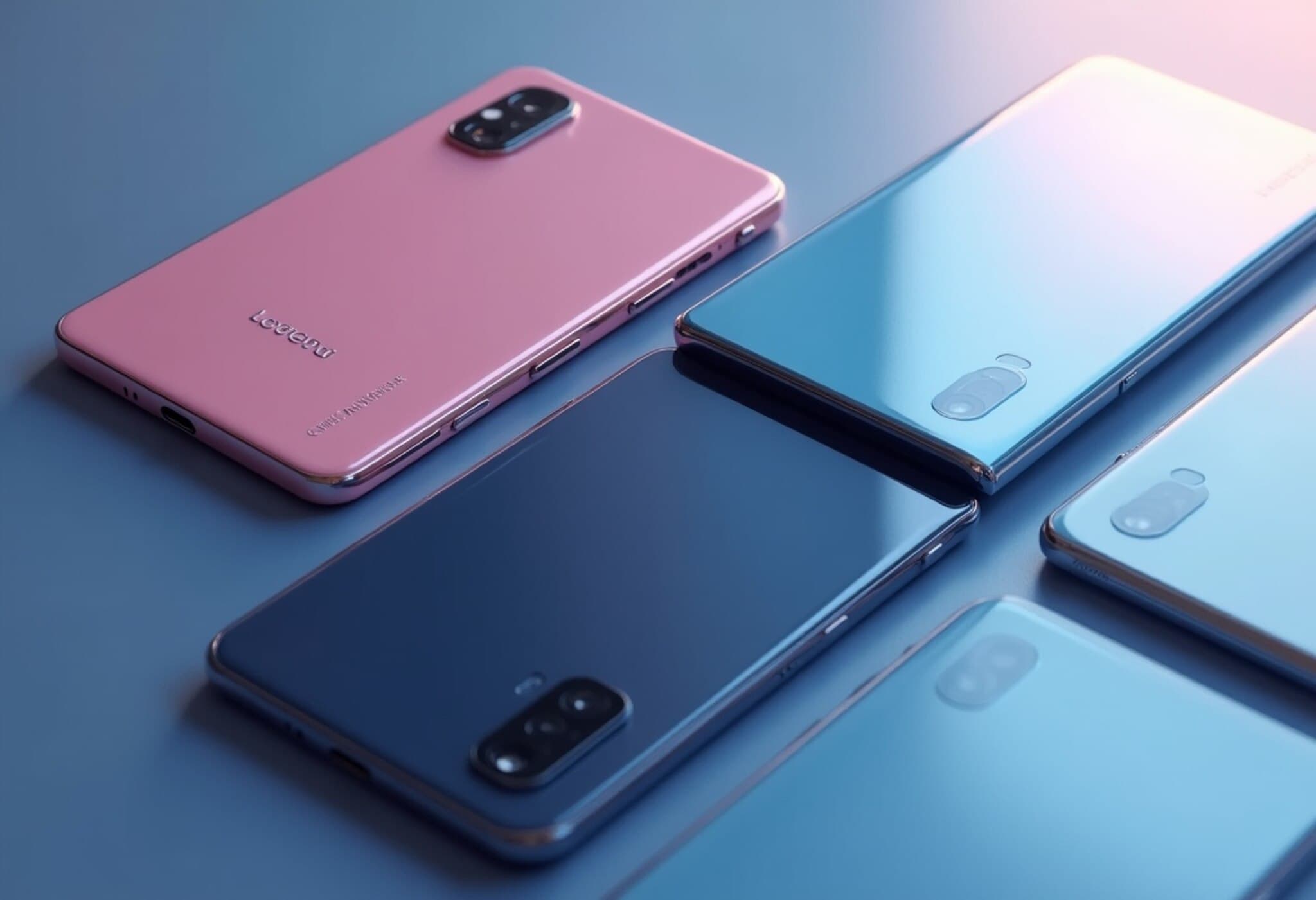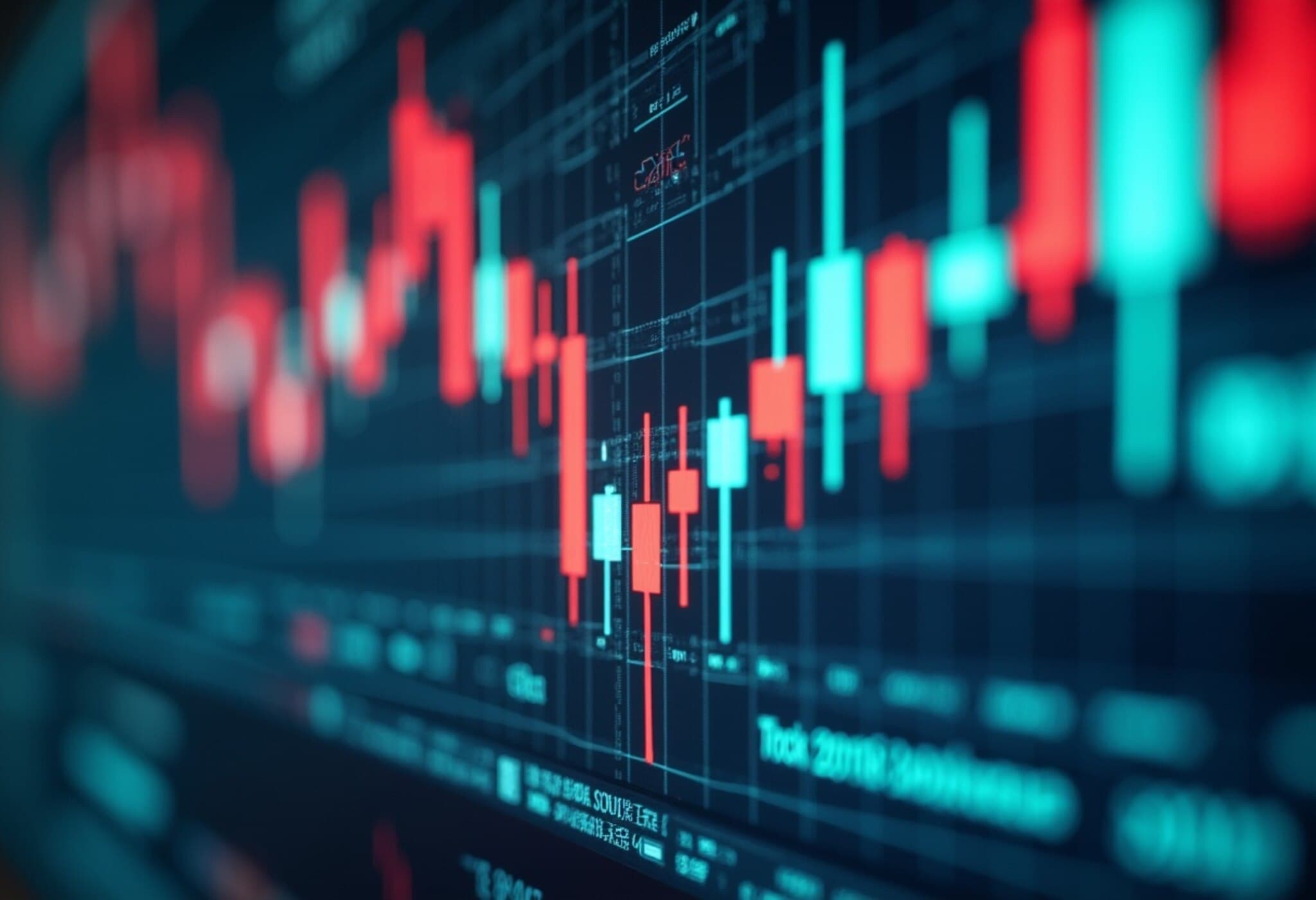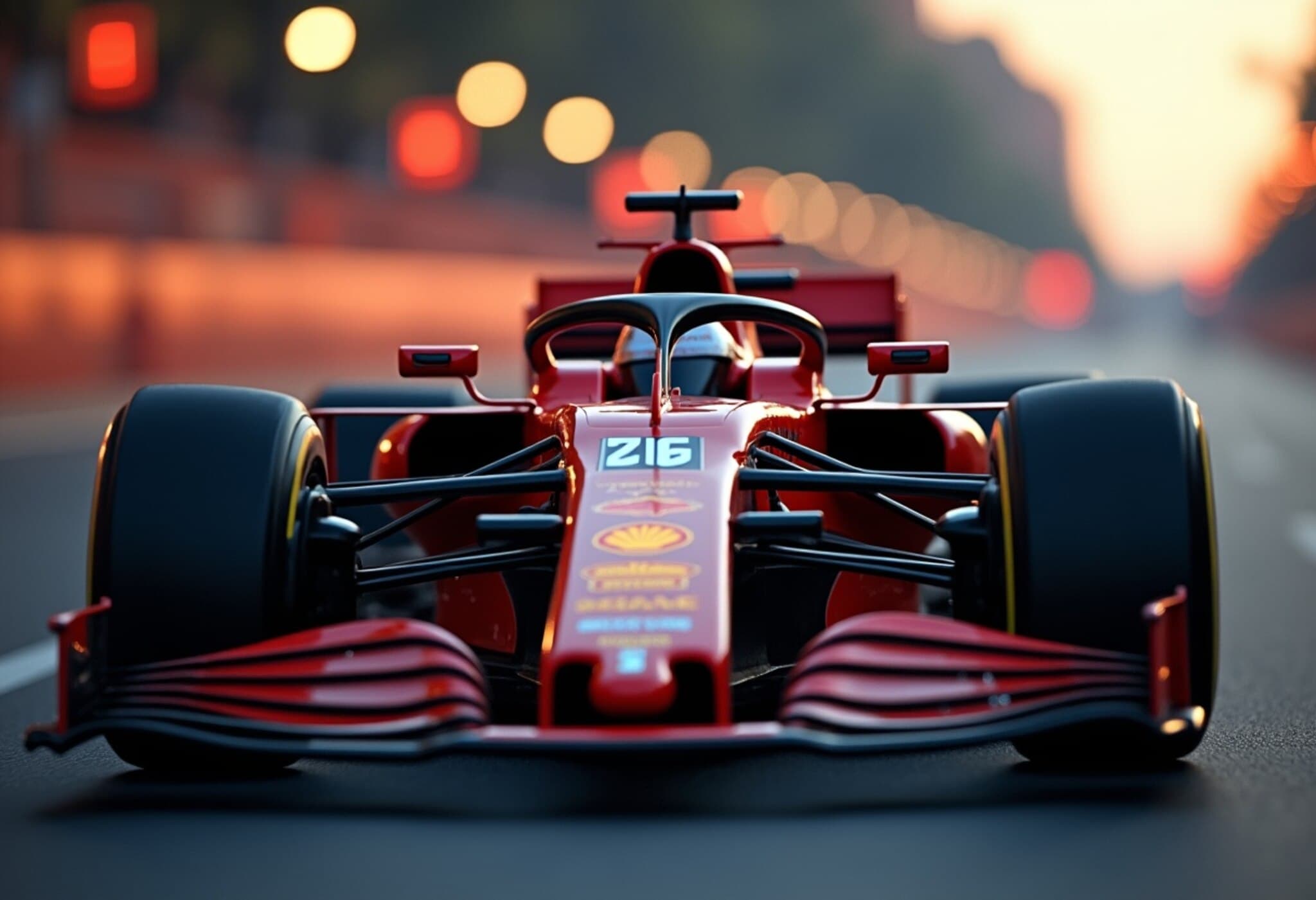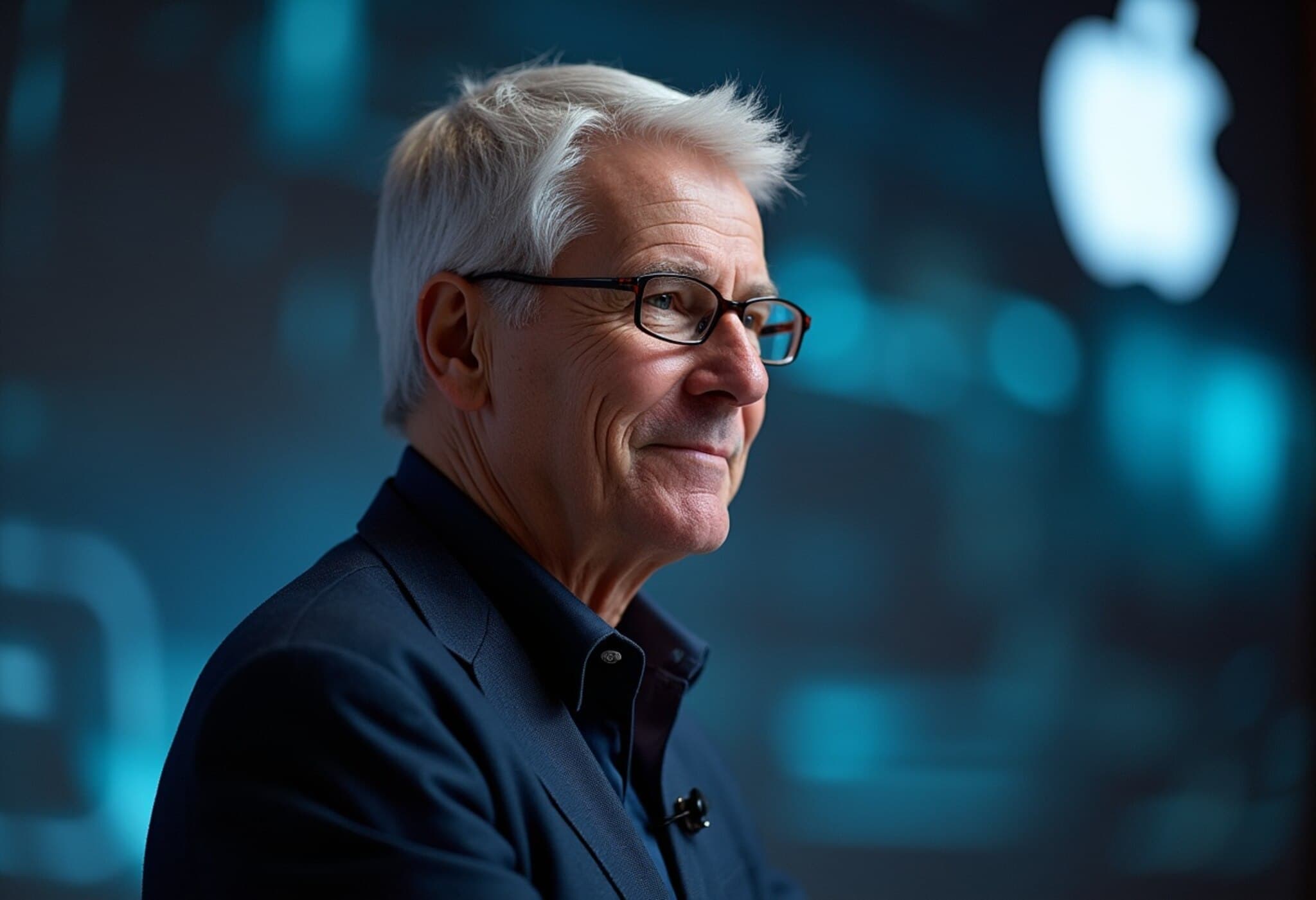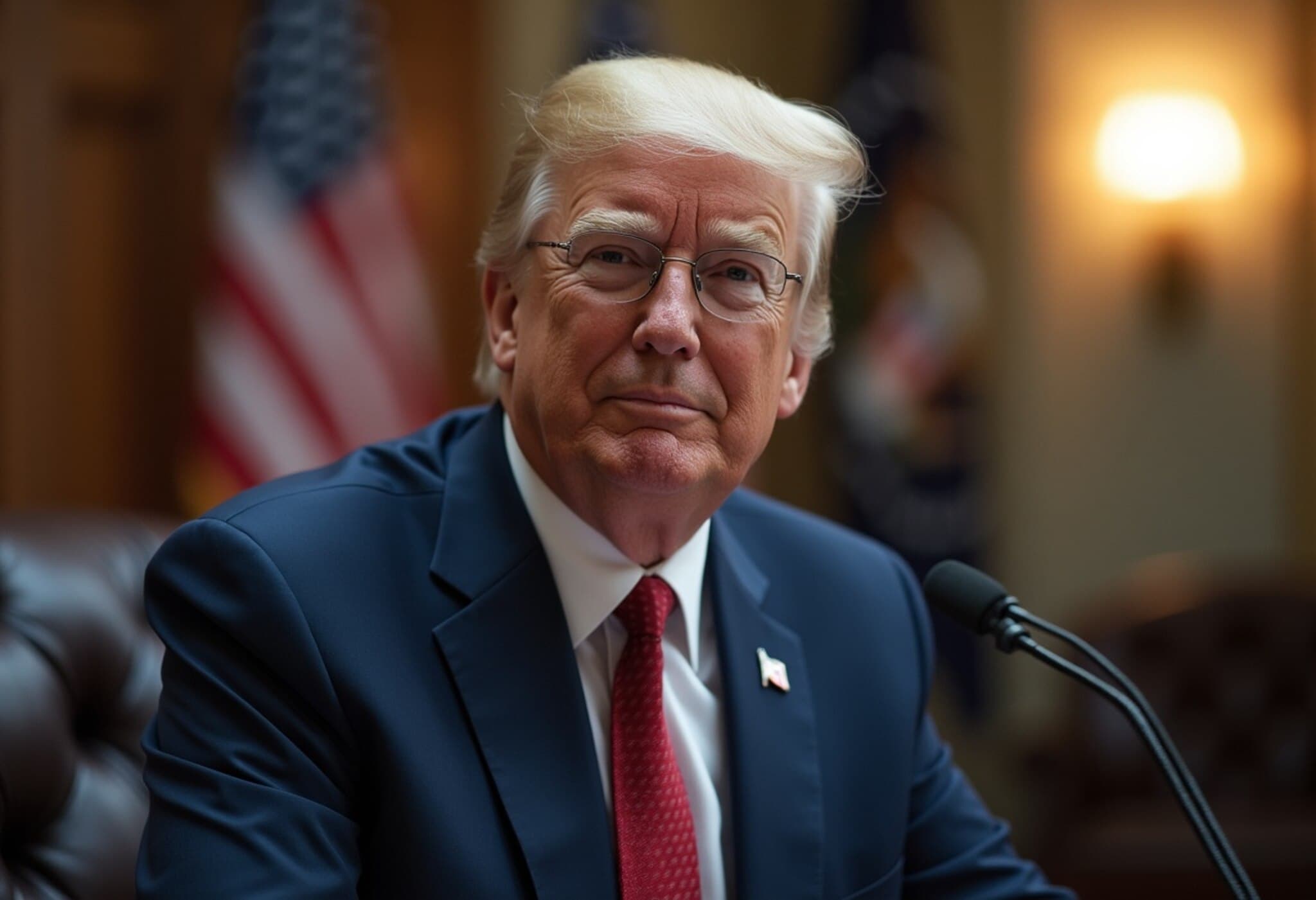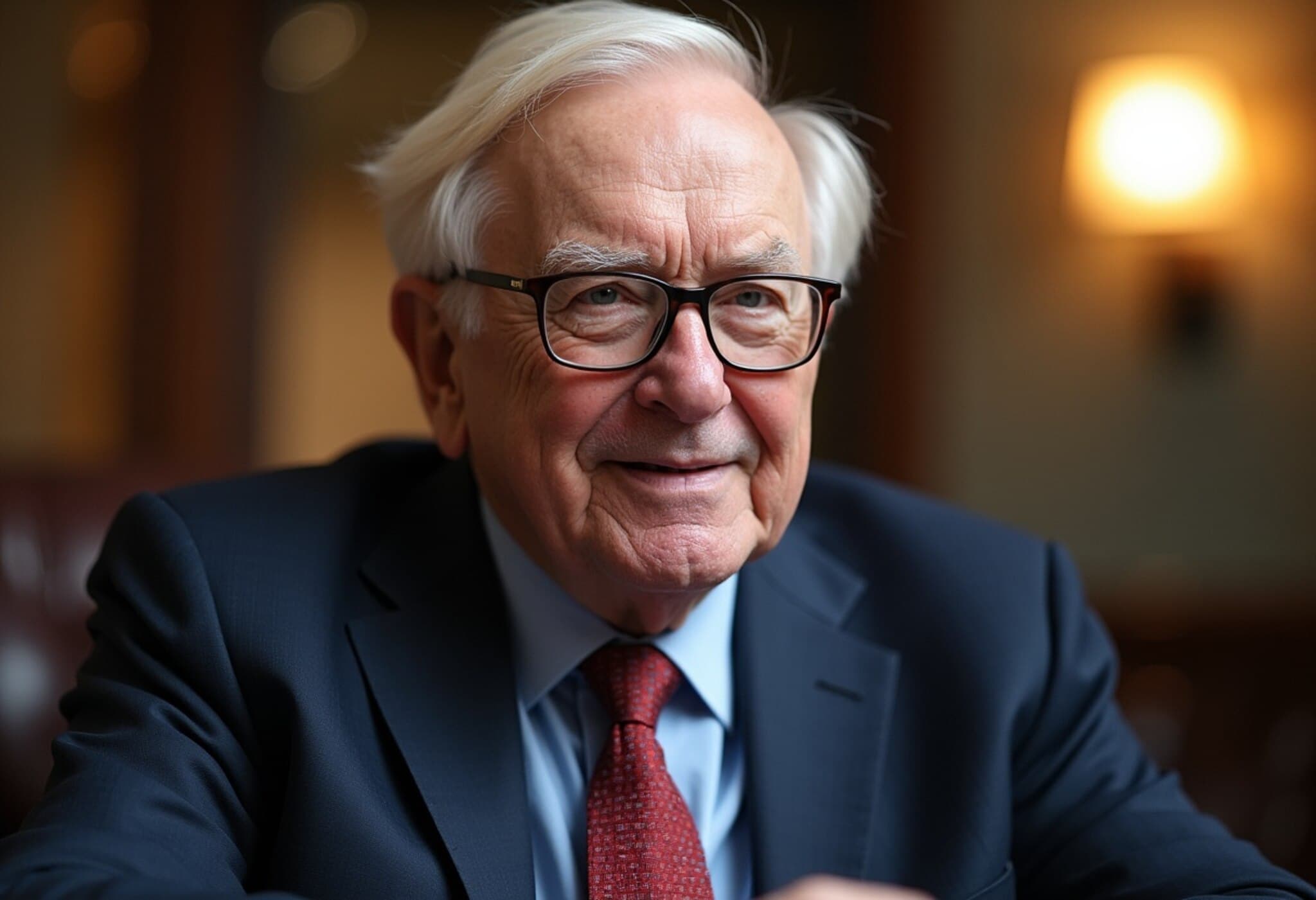Lens Technology: The Hidden Winner in Apple's Foldable iPhone Ambitions
While Apple’s much-anticipated foldable iPhone remains shrouded in secrecy and possibly years from release, savvy investors and industry insiders are already setting their sights on the ripple effects this innovation could unleash — especially for key suppliers like the Chinese glass manufacturer Lens Technology.
Why Lens Technology Could Be a Major Beneficiary
According to a recent Citi research report led by analyst Kyna Wong, Lens Technology stands out as a critical player in the supply chain for foldable iOS devices. Citi projects that the foldable iPhone could account for up to 5% of Lens Technology’s revenue by 2026, expanding to a striking 12% by 2027 as production scales up.
Supporting this bullish outlook, prominent Apple analyst Ming-Chi Kuo reaffirmed expectations that Apple’s foldable smartphone could debut as soon as next year. Despite Apple’s silence on the matter, industry watchers are reading the tea leaves: Lens Technology’s expertise in ultra-thin glass, essential for flexible smartphone displays, aligns neatly with Apple's rumored product roadmap.
Market Momentum: Lens Technology’s Recent Hong Kong IPO
Lens Technology’s ascent is not just speculative; it is bolstered by its successful Hong Kong public offering (IPO) on July 9, where the company impressively raised 4.77 billion Hong Kong dollars (approximately $610 million). This IPO coincided with Hong Kong’s busiest public listing day ever, featuring five simultaneous listings and drawing substantial investor interest.
The influx of capital from the IPO is earmarked primarily for research and development (R&D) and expanding production capacity overseas, particularly to backroll the mass production of foldable and high-end smartphone screens. Citi analysts rated Lens Technology as a “buy” with a price target of 26 HKD ($3.13), reflecting a nearly 25% upside from recent close prices.
Strategic Investors and Growing Global Footprint
Reflecting growing investor confidence, U.S. hedge fund titan Steve Cohen has significantly increased his stake in Lens Technology, now owning 8.41% of the company’s voting shares after multiple buys over just three days.
Lens Technology’s prospectus highlights that around 30% of proceeds from the Hong Kong IPO will fuel foldable screen development, while the company is also actively diversifying its global manufacturing footprint, with existing factories in Vietnam and Mexico and plans to expand further in Southeast Asia.
Apple’s Longstanding Relationship and Broader Client Base
While Lens Technology has cautiously avoided naming Apple outright, the company disclosed in its filings that its largest customer is a Nasdaq-listed U.S. multinational founded in 1976 — undeniably Apple. This partnership reportedly spans nearly two decades, beginning with the development of early touch-enabled smartphones.
Notably, Lens Technology is consciously reducing its reliance on Apple by cultivating other clients, including a Nasdaq-listed smart vehicle company founded in 2003, and firms from South Korea, France, and China.
Industry Analysts Weigh In
- UBS analysts predict Lens Technology will benefit not only from the foldable iPhone launch but also from emerging sectors like AI glasses and robotics, forecasting earnings growth exceeding 20% annually in 2026 and 2027.
- Citi analysts have raised their price target on Lens’s shares traded in mainland China from 25 yuan to 32 yuan ($4.45), reflecting growing market optimism.
Despite a recent 30% slump following U.S. tariffs levied in April on Chinese imports — dubbed “Liberation Day” tariffs — experts foresee a rebound fueled by Chinese tech startups such as smart glasses maker Rokid and Zhiyuan Robotics.
Beyond Foldables: Short-Term Catalysts
Even absent an immediate foldable phone launch, Lens Technology stands to gain from its role in supplying glass covers for the upcoming iPhone 17, which is expected to feature a slimmer, more premium design.
Contextual Insight: What This Means for Investors and the Tech Ecosystem
The tantalizing prospect of a foldable iPhone is more than just gadget hype — it’s a bellwether for a new tech paradigm that promises to reshape mobile hardware innovation and supply chains. Lens Technology’s rise exemplifies how suppliers specializing in niche, cutting-edge components can vault to prominence alongside tech giants.
However, investors should weigh geopolitical factors, including U.S.-China trade frictions and evolving tariffs, which can inject volatility. The company's strategy to diversify manufacturing sites outside mainland China demonstrates prudent risk management amid these challenges.
Furthermore, the steady push towards advanced AI-powered wearables and robotics expands Lens Technology’s addressable market far beyond smartphones, signaling a multifaceted growth trajectory.
Editor’s Note
Lens Technology’s story underscores the symbiotic relationship between tech innovators like Apple and their global suppliers — a dynamic often overlooked in mainstream narratives. As Apple stands on the cusp of potentially redefining smartphone form factors, Lens Technology’s soaring trajectory spotlights critical themes in global supply chains, innovation diffusion, and investment opportunities.
Readers should consider: How might emerging geopolitical tensions impact supply chain stability for pioneering tech components? And beyond Apple, which companies are poised to capitalize on the convergence of foldables, AI, and robotics as the next frontier in consumer electronics?


